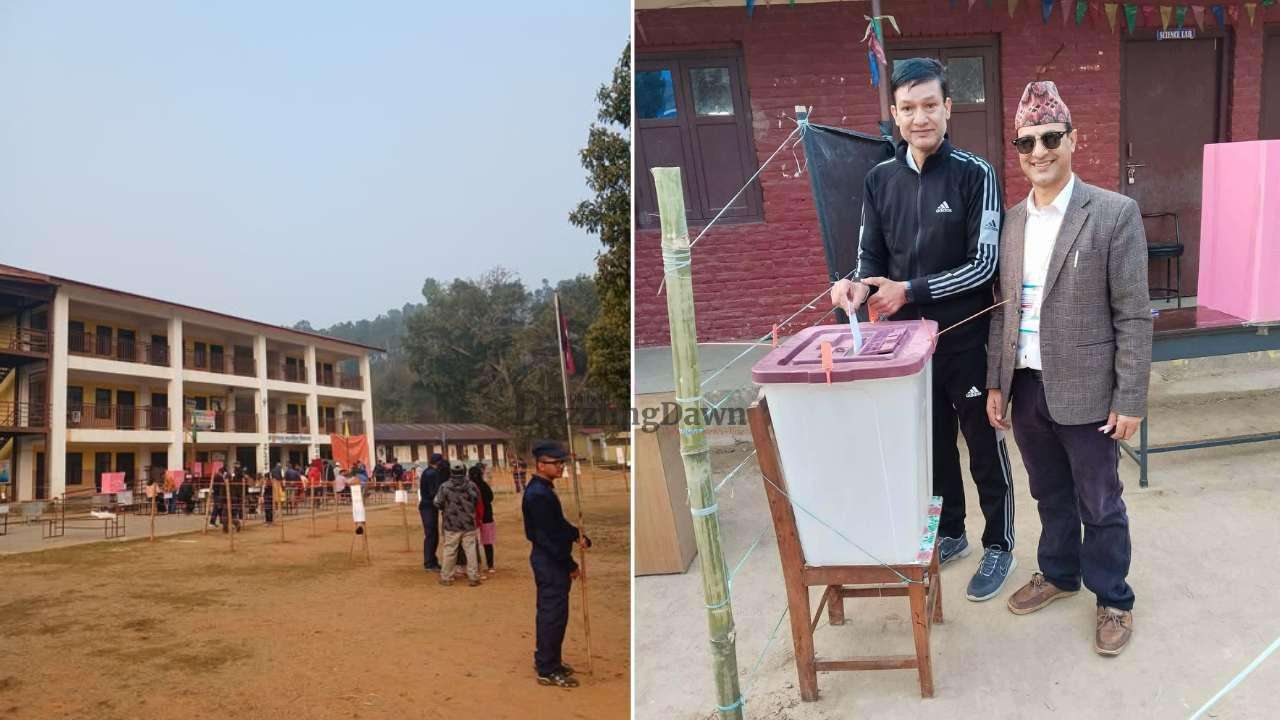German police have initiated approximately 100 criminal investigations following the occupation of a lecture hall at Berlin's Humboldt University by pro-Palestinian protesters demonstrating against threatened deportations. The incident, which unfolded on Wednesday, saw 89 individuals occupy the university space for several hours, leading to a significant police response involving around 350 officers who were eventually called in by the university leadership to clear the barricaded room.
The ensuing police probe encompasses a range of alleged offenses, including aggravated trespassing, serious breach of the peace, and the utilization of symbols associated with unconstitutional or terrorist organizations. Allegations have also surfaced suggesting that university employees were threatened with axes and clubs during the protest; however, no convictions have been made in relation to these accusations.
The backdrop to these events involves the revocation of freedom of movement rights for three EU citizens who were among the protesters, facing potential deportation. Notably, a court has since ruled in favor of an appeal by one of the Irish protesters, temporarily halting their deportation. The university's decision to involve the police was reportedly influenced by the display of banners that denied the existence of the state of Israel. Furthermore, a police union condemned the actions of protesters who allegedly attacked officers with pyrotechnics and urine, asserting that such behavior transcends the boundaries of legitimate protest.
This situation carries significant implications and raises concerns within Bangladeshi, Muslim, and South Asian immigrant communities, both in Germany and potentially in other European nations. The heavy-handed response by Berlin police to pro-Palestinian protests has already drawn criticism, and the current investigations into anti-deportation demonstrations could further amplify anxieties within these communities.
One key area of concern revolves around the potential for increased scrutiny and negative stereotyping. When protests involve individuals with immigrant backgrounds, there is a risk that the actions of a few could be generalized to broader communities, fostering suspicion and prejudice. This could lead to a climate of fear and alienation, particularly for those who may already feel marginalized or targeted.
Furthermore, the nature of the allegations being investigated, specifically the use of symbols linked to unconstitutional or terrorist organizations, could have a disproportionate impact on Muslim communities. The interpretation and application of such charges can be subjective and may inadvertently target individuals based on their religious or cultural identity rather than clear evidence of wrongdoing. This could contribute to the Islamophobia that already exists in some segments of European society.
The involvement of individuals facing deportation adds another layer of complexity. For Bangladeshi and South Asian immigrants, the news of potential deportations linked to protest activity could create uncertainty and fear regarding their own status and rights within Germany. It may also raise questions about the fairness and transparency of deportation processes, particularly when connected to political expression.
The broader context of pro-Palestinian activism and the Israeli-Palestinian conflict further complicates the situation. For many Muslims and South Asians, solidarity with Palestine is a matter of deep conviction and social justice. When protests expressing these views are met with strong police intervention and criminal investigations, it can be perceived as a suppression of legitimate political expression and a targeting of those who advocate for Palestinian rights.
The emphasis on symbols and the denial of Israel's existence as a justification for police intervention also warrants careful examination. While universities and authorities have a right to address hate speech and incitement, it is crucial to ensure that the definition and application of such standards do not unduly stifle legitimate criticism or political viewpoints, particularly those related to international conflicts.
In conclusion, the ongoing investigations into the anti-deportation protests at Humboldt University have the potential to create significant unease within Bangladeshi, Muslim, and South Asian immigrant communities. The risk of increased scrutiny, negative stereotyping, and the implications of the charges being pursued necessitate a careful and transparent approach from German authorities to ensure that justice is served without unfairly targeting or alienating entire communities based on the actions of a few or their political affiliations. The situation underscores the delicate balance between maintaining public order, protecting freedom of expression, and fostering inclusive and equitable societies for all residents, regardless of their background.








.svg)


